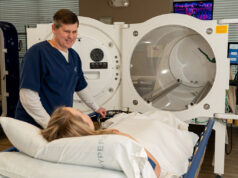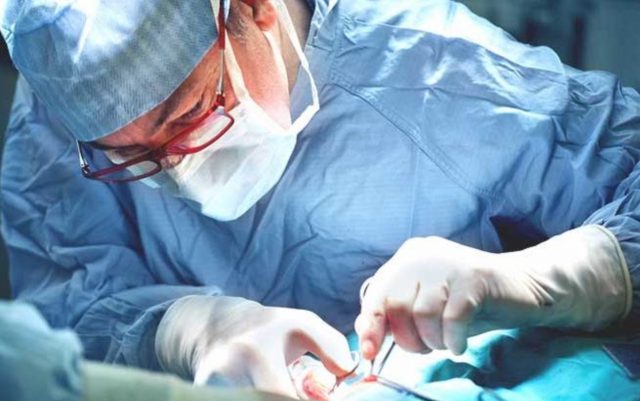
A Fistulotomy is a surgery performed to treat a fistula. Fistula is the medical condition that occurs when two vessels or organs develop a weird connection. It occurs in the anus, urinary tract, vagina, aorta, intestines, and skin. After successful surgery and removal of the fistula, patients can move around, drink, and eat after the effects of painkillers and anaesthetic medications fade away.
If the fistula is mild or moderate, which is easy to remove with a simple surgery, patients may go home on the same day without hospitalization. Patients are asked to stay back at the hospital after Fistulotomy if the fistula is complicated and needs more than one surgical session to treat the condition completely.
What to Expect After Fistulotomy Surgery?
Fistulotomy surgery involves opening and draining the fistula and letting it heal. After the surgery, you have to take care of the site where the surgery is performed and follow the surgeon’s instructions for faster and safer recovery.
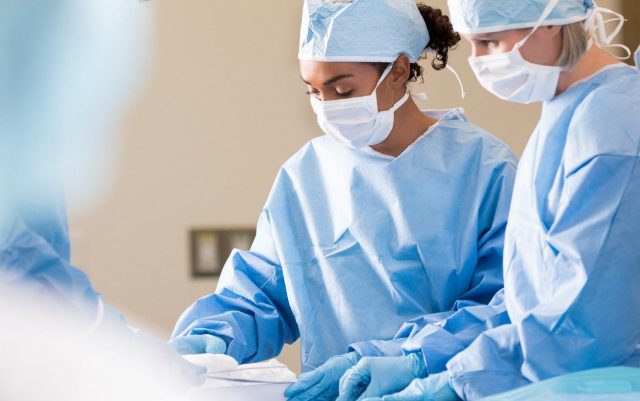
Looking for the Lesion
After the Fistulotomy surgery is performed, patients are asked to wear dressing on the incision until the lesion heals. The dressing is changed regularly at the hospital, and you will see the progress of healing when the dressing is changed. It is requested that patients visit a GP or hospital to check the healing progress and change the dressing; most of the wounds caused by the surgery heal in 6-7 weeks.
Patients may also experience some discharge or bleeding from the wound in the first week of the surgery, especially when you take your first bath after surgery or go to the toilet post-surgery. Patients are requested to wear a pad or sanitary towels under their undergarments to prevent stains on clothes from discharge or blood. Patients are required to see a GP or doctor immediately if they notice:
- Increase redness, pain, inflammation, or discharge
- Heavy bleeding from the area of surgery
- The feeling of nausea or vomiting
- The high temperature of 100.4 Fahrenheit or more
- Difficulty in passing urine in case of anal fistula surgery
- Constipation or difficult in bowels
Washing the Area
Washing of the area is equally important to keep the site around the surgery clean. It also helps in reducing the chances of irritation and infection.
- Patients must use cotton wool and warm water to wash the area near the fistula. Pat dry the skin instead of rubbing it or using a hairdryer.
- Patients are requested not to use talcum powder and scented products as it can irritate the skin around the fistula.
- Doctors would prescribe you to use a barrier cream, which will prevent irritants from reaching the skin
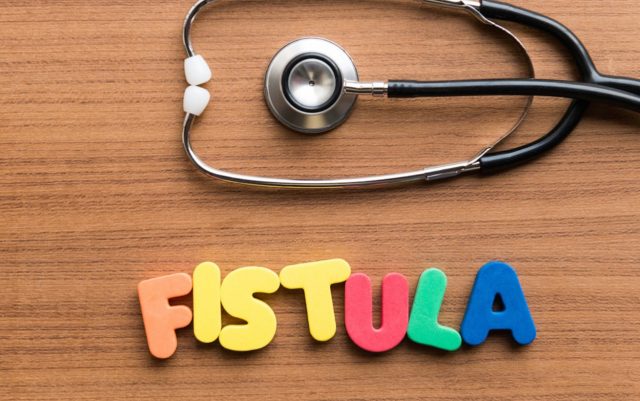
Activity After Fistulotomy Surgery
- Patients are asked to take sufficient rest and avoid getting exhausted with work. Adequate sleep is necessary for faster recovery.
- Patients must take leisure walks daily, start with little steps, and gradually increase their walking time. Walking helps in enhancing circulation and prevents constipation and pneumonia.
- Patients are asked to drive if they are not experiencing any pain or taking painkillers. They can also sit comfortably for long hours if there is no pain.
- The majority of the patients resume their office or work within 2-3 weeks of the surgery.
- Baths and showers must be usual, and pat dries the surgery area with a towel after the shower.
Diet After the Fistulotomy Surgery
- Patients can continue with a regular diet post-surgery. If the stomach is upset, patients are asked to follow a low-fat diet like boiled chicken, plain rice, yogurt, and toast.
- Drinking plenty of water is essential for faster recovery and to stay hydrated.
- The diet must include high fibre foods, including beans, vegetables, fruits, whole grains, and more.
- Patients may have irregular bowels after the Fistulotomy surgery, and it is expected. But, patients must avoid constipation or putting stress on their morning bowels after the surgery. Ask your doctor and continue with some fibre supplement if you want to have irregular bowels a few days after the surgery.
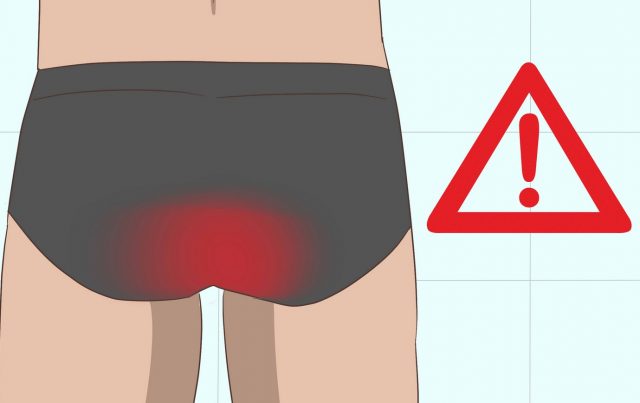
Medications After Fistulotomy Surgery
- The surgeon will prescribe you the required medications that you have started using post-surgery. Patients must follow the dosing instructions carefully and ask the doctor when to restart the other drugs. Doctors will let you know the regular doses of the new medicines you have to use under their supervision.
- If you use aspirin or other blood thinners, consult the surgeon about when to start using it again. Patients must understand the dosing and use the medicines accordingly for faster recovery.
- If your doctor prescribed you a painkiller, use it as prescribed. If you are not using the prescription drugs and using OTC medicines, read and follow the instructions carefully to use it safely.
- Patients are asked to avoid taking two or more medicines together unless prescribed by the doctor. Taking too many drugs together can be harmful.
- If the doctor prescribes antibiotics, take it as directed. You must complete the course of antibiotics and never stop using it suddenly after you feel better. Leaving the antibiotic courses in between won’t show you the desired results.
Resting and Returning to Normal Life
After the Fistulotomy surgery, patients are asked to take full rest for a few days. Patients must avoid sitting for long hours and avoid walking too much post-surgery. While resting, patients must follow the tips mentioned below.
- Lie on the sides when you are in bed or on the sofa
- Wear loose-fitting clothes and undergarments
- Use cushions or pillows for sitting comfortably. There are specialized cushions and pillows to alleviate pressure when sleeping or sitting.
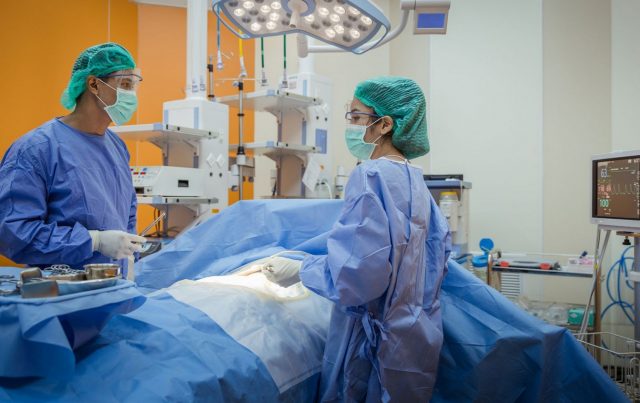
Patients can return to regular activity and perform mild exercises when they start feeling better. You may consult your doctor from Pristyn Care to know where you can begin driving or resume work at the office. Most of the patients with mild fistula are asked to drive their car after 48-72 hours of the surgery. Patients are restricted from swimming until the incision is healed completely. Swimming after the surgery can be dangerous as it may cause infection in the area of surgery, and it must be avoided.



